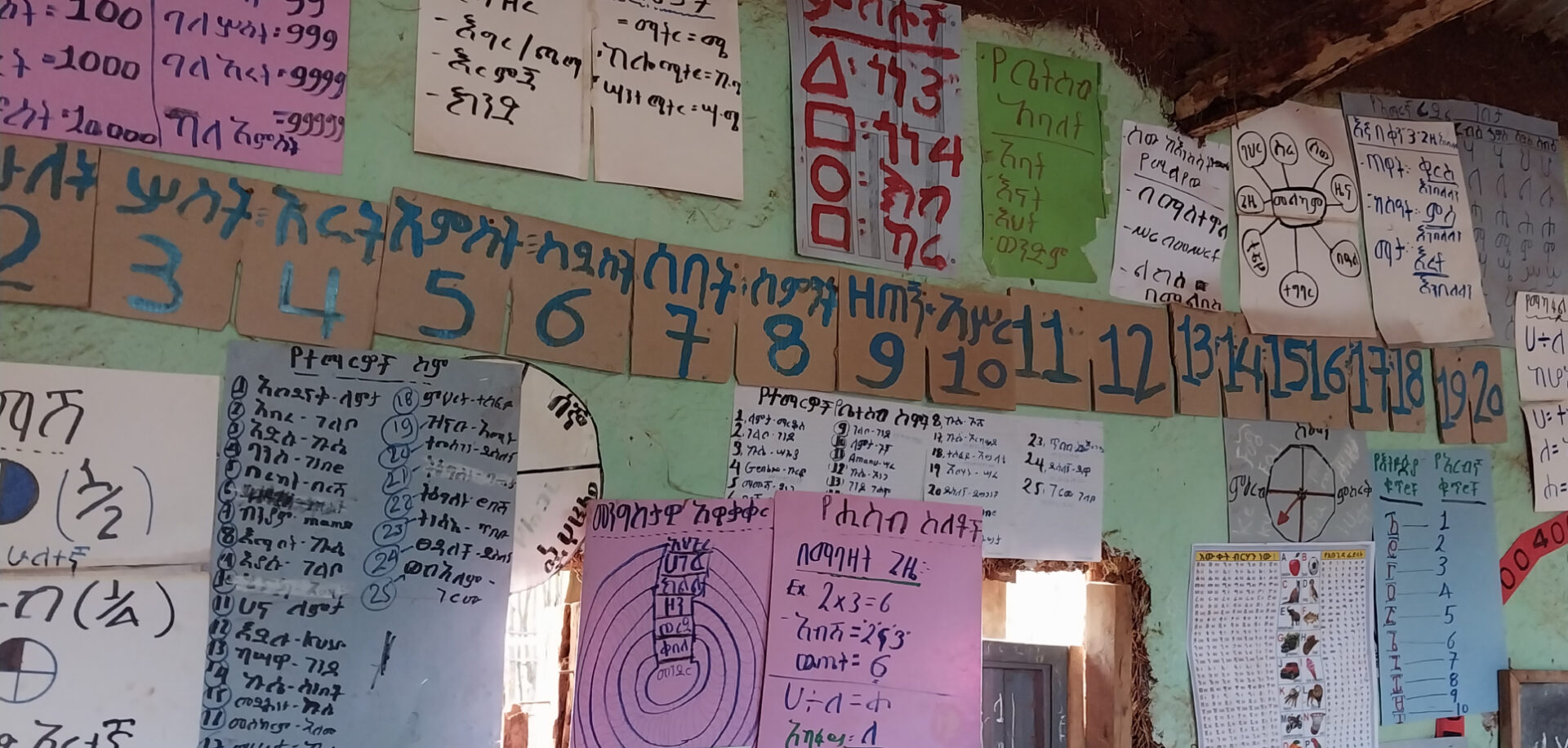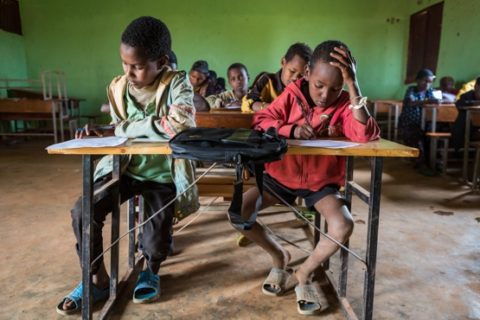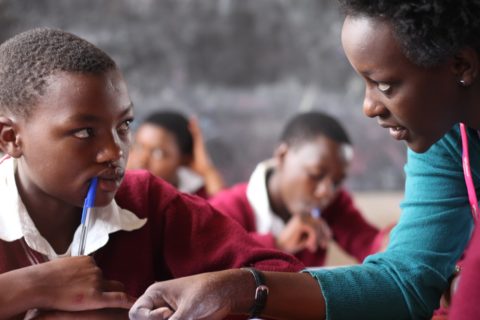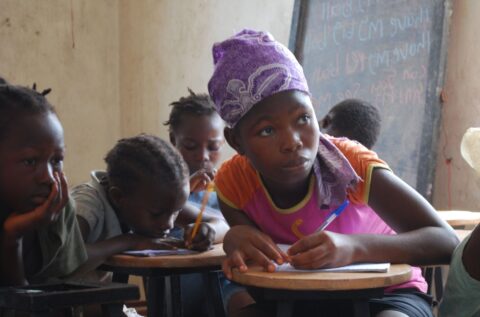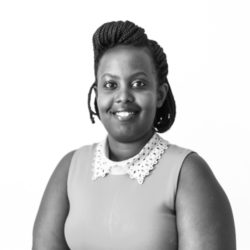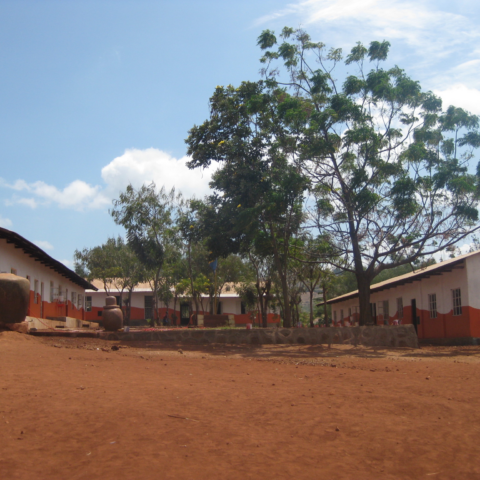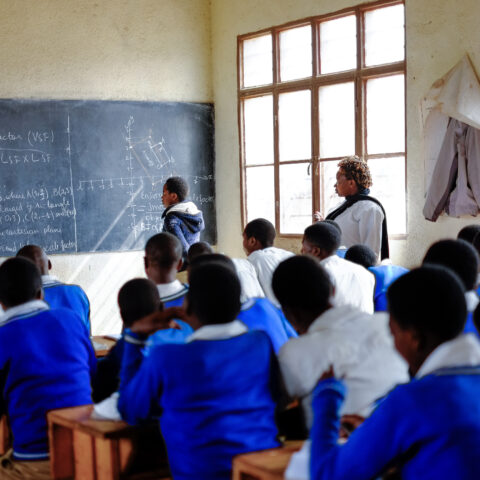Rosie Emerson
Principal Investigator
Dr. Rosie Emerson is a Principal Investigator with Laterite Kenya, bringing over a decade of expertise in leading high-impact research and program evaluation initiatives across Sub-Saharan Africa and North America. Her work has been instrumental in shaping evidence-based strategies for organizations such as the World Bank, UNICEF, Global Communities, Plan International, Oxfam, USAID, Land O’ Lakes, and many others. Specializing in qualitative research methods, Rosie excels at uncovering deep contextual insights that drive meaningful change. She leverages these methodologies to evaluate program effectiveness, provide actionable recommendations, and refine policies and interventions aimed at improving lives. Rosie's academic credentials include a Bachelor of Arts in Economics and French from Wellesley College, a Master’s in Public Policy from Harvard University, and a Ph.D. in Education from the University of Massachusetts.
